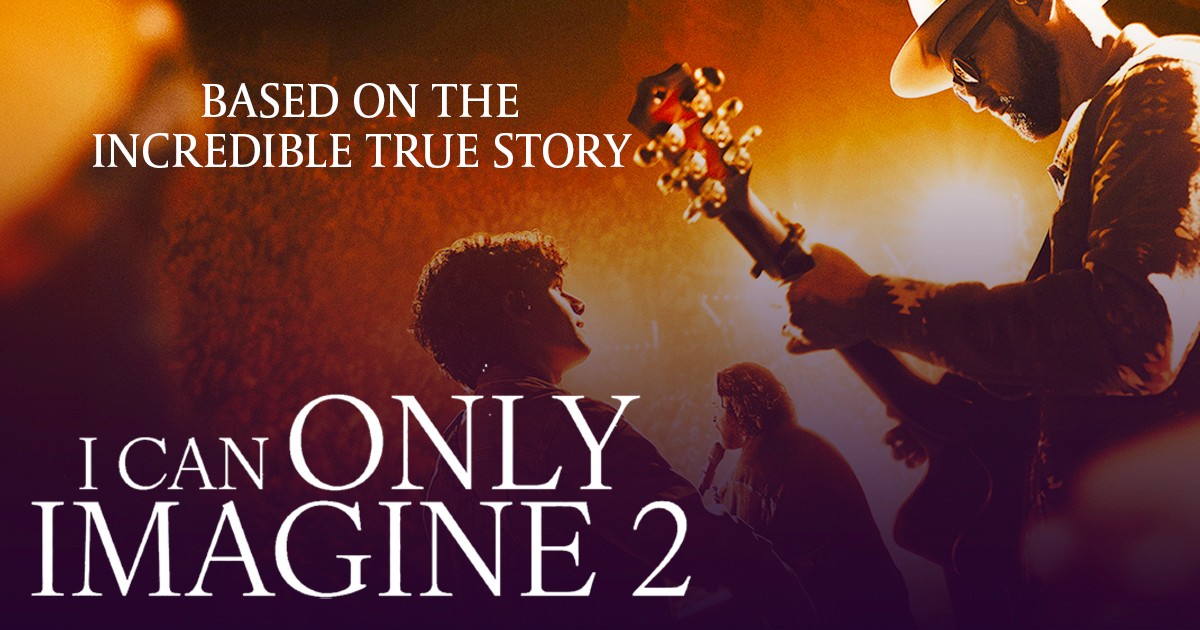What if we got serious about living out our faith? I mean really serious? What if we weren’t afraid to get dirty or hurt?
According to the Adoption Council of Canada, there are approximately 80,000 children in the care of child welfare organizations, and about 30,000 are available for adoption. In 2018, 820 youth aged out of the foster care system in British Columbia, with no family to care for or guide them. Without this support, it’s not surprising that most victims of human trafficking in Canada—estimates suggest 50-80 percent—have come out of the foster care system.
So why isn’t the church—why aren’t we—fighting to reach them before traffickers do? Consider these words from Danielle Strickland, a Salvationist speaker and author: “If exploiters can target vulnerable girls for trafficking, then the church can target vulnerable girls for redemption.” Have you ever thought about how your personal involvement could make an impact on the trajectory of these lives? I never had.
We say that we serve the God of the impossible, but all too often we get overwhelmed, to the point of inaction, by the “facts” we see around us. The hard is just too hard, and so we don’t engage, for fear of being unable to make any noticeable difference. But what if we dared to take God at his word? What if we put ourselves out there in such a way that if God doesn’t hold up his end of the deal, we’d reallybe in trouble? Now that would be faith, wouldn’t it?
Our nation has a foster care crisis, with too few homes and not enough support for fostering families. It results in overworked and burnt-out foster parents, fuelling a chronic cycle of foster home scarcity. The numbers seem so big and the stories we hear are so painful: the long process, invasive home studies, frustrating social workers, navigating a child’s difficult behaviour, the heartbreak of “losing” a child after becoming attached, sad endings despite best efforts and love invested. And the list goes on—so many stories of struggle and heartbreak. Looking at these situations through human eyes, it can seem almost futile.
But we have an all-powerful God at work through our obedience, accomplishing his purposes quietly outside of our view. God calls us to the hard places and broken people of our world to share his love. If our heavenly Father calls us to this work, we can trust him to provide for that work. Might we be bold enough to take him at his word and step into the hard places, where we are completely dependent upon his provision? Might we trust him to bridge the gaps of our personal inadequacy for the task?
In the British Columbia Division, three corps (Kamloops, Vancouver and Victoria) are getting serious about the statistics and our God-given mandate to protect vulnerable children—not because they feel equipped, but because they know we are called, and so they are committing to take action.
In February 2020, these corps will host BRAVE events to build relationships with vulnerable girls in their communities—girls in foster care and at-risk homes—to show them they have value, potential and purpose, and to pave the way to a future filled with hope. Through this event they are saying, “We believe in you. We can see a bright future and we will be there to walk alongside you.”
In many ways, it’s a simple thing, and yet it takes boldness to build relationships with social workers, foster families and potentially challenging teens. They are making themselves available for long-term relationships, relationships that might be painful or frustrating.
Are we the kind of people who will love the difficult foster child or youth through poor behaviour or choices, through disappointment, to show them the unwavering love of a heavenly Father? Are we a church that embraces that family with the disruptive children, or that teen struggling with poor choices, and give them the security of knowing they have a community that truly cares? Are we the family who adopts, because we know that the risk to our own comfort is far less than the pain endured by a child growing up alone? Are we the kind of neighbours who support the struggling single parent, and stand by them through cycles of success and failure, as they slowly move toward stability and the hope of a brighter future? Are we the person who makes a difference in the life of a hurting child, teen or foster parent, by being their support system and champion?
On the second Sunday of November, believers around the world will reflect on our call to care for vulnerable children, either at home or abroad through Orphan Sunday/Stand Sunday. I encourage you to mark this day in your church or small group, sharing the biblical foundations for this call, the need for our engagement and some options to respond. This is part of the “family business” and we need to seek God’s direction for the part we can play. Maybe this will be the first step for your church to do something BRAVE in your community.
We can’t all do everything, but we can all do something—and that makes a difference. What’s your something?
For more information and resources on how you can participate in Stand Sunday for vulnerable children in your community, or Orphan Sunday for vulnerable children abroad, visit standsunday.ca or orphansunday.ca. For more information about BRAVE Canada, visit braveglobal.ca.
Brandalyn Musial is a senior soldier at Parksville – Mount Arrowsmith Corps, B.C., and the Canadian co-ordinator for Orphan/Stand Sunday. She is a passionate advocate for vulnerable children and seeks to engage Canadian churches in our biblical call to care for the orphan, the father or motherless, the foster child.
Photo: KatarzynaBialasiewicz/iStock via Getty Images










Leave a Comment